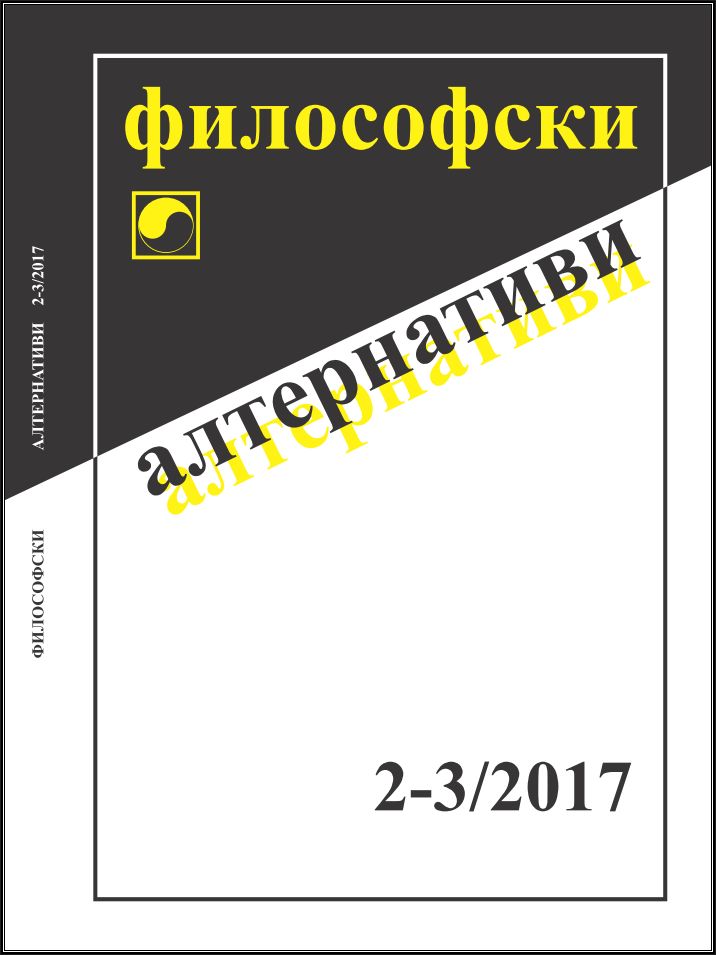Хенри Дейвид Торо между
Henry David Thoreau Between
Author(s): Plamen AntovSubject(s): Philosophy, Language and Literature Studies, Literary Texts, Fiction, Studies of Literature, Philosophical Traditions, Novel, Theory of Literature
Published by: Институт по философия и социология при БАН
Keywords: H. D. Thoreau – Transcendentalism – Kant; American Transcendentalism – American Pragmatism; metaphysics – reality; the “European” Hamlet – the “American” Robinson Crusoe; Europe – America; West – East
Summary/Abstract: This essay situates H. D. Thoreau in a row of large cultural aporiae. The author argues an uncommon approach to Thoreau, not in the Kantian key of Transcendentalism, but as situated at the midpoint where Transcendentalism meets its antipode corporeality and reality: the author views the gesture Walden as a hidden expression of the kind of activeness that is of the essence of modern bourgeois-capitalist aggression against nature.Thoreau is seen as an American proto-philosopher who revolts against the European Cartesian metaphysization of philosophy, a trend whose ultimate manifestation is precisely Kant. Thoreau is seen as restoring the primordial totality of philosophy, similarly as the ancient philosopher who, in order to refute the assertion of his opponent that there is no motion in the world, simply stood up and took a few steps. – The gesture Walden is interpreted as an attempt to walk back those steps. As an attempt to restore the reality of the world, which has been lost in the course of civilization (seen as a process of increasingly dense veiling of reality under a network of symbols-simulations). Walden is at the center of this plot, personified by two mutually contrary cultural myths – the “European” Hamlet and the “American” Robinson Crusoe.Thus, on the other hand, Thoreau is seen as situated at the beginning of American Pragmatism considered as a philosophy of the “lower part” of the body (Bakhtin), of the thinking stomach. This fundamental non-metaphysicality of the American cultural genotype (world view) – the domination of bodily activity over reflection – has been paraphrased by a number of US presidents in the 20th and 21st century as the maxim “Bomb first, seek arguments later”. Yet at the same time, precisely in moving away from the European tradition, Thoreau finds himself at the point where the East begins. In Thoreau’s gesture Walden, the author finds and interprets the potential of this whole complex of dialectically “sublating” aporiae (at the core of which is the radical anti-cultural gesture, which is also a radical cultural gesture).
Journal: Философски алтернативи
- Issue Year: XXVI/2017
- Issue No: 2-3
- Page Range: 223-238
- Page Count: 16
- Language: Bulgarian
- Content File-PDF

